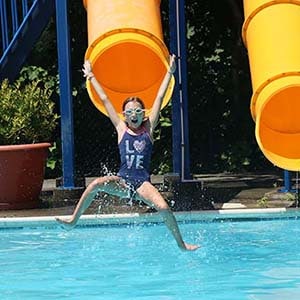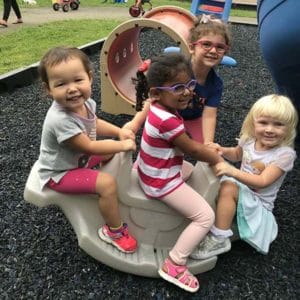Park Shore is Here To Stay!
Camp & School Programs for ages 2-15
Let’s Play, Learn & Grow Together!
Located on a beautiful 15-acre campus in Dix Hills, Park Shore offers an unparalleled experience for children through our Camp and Preschool. From exciting summer adventures to a nurturing preschool environment, Park Shore provides the perfect balance of fun, education, and growth for children of all ages. Discover a place where learning and play come together to create unforgettable memories!

Park Shore Country Day Camp
Park Shore Country Day Camp offers an unforgettable summer experience for children ages 2-15 on our beautiful 15-acre campus. Enjoy all the classic day camp activities with flexible scheduling options—choose 4, 6, or 8 weeks to fit your summer plans.

Park Shore Country Day School
Park Shore Preschool offers an exceptional program for children ages Toddler through Pre-K, combining academics, social development, and creative exploration. Our nurturing environment prepares children for future success with engaging activities, including early literacy, hands-on science, art, music, and imaginative play.

Visit Us
450 Deer Park Road
Dix Hills, NY 11746
Tours
CALL TRICIA AT PARK SHORE TO SET UP A DAY AND TIME FOR A PERSONALIZED TOUR!
